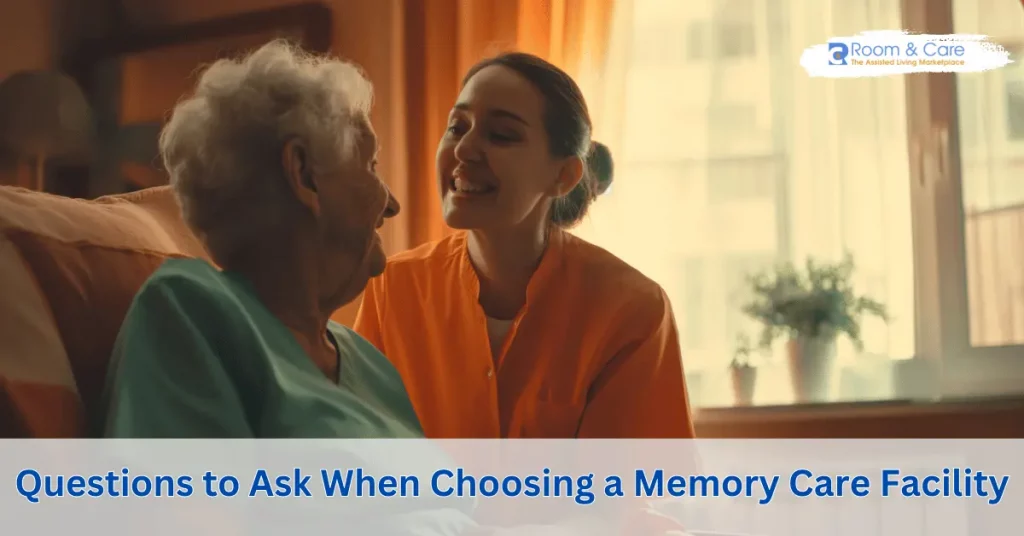

Before visiting potential facilities, compiling a targeted list of questions will enable you to uncover all aspects of the care and environment provided. This guide offers detailed inquiries for evaluating the unique needs addressed by memory care facilities, covering both common and subtle aspects that might only become apparent after moving in.
What kind of support is available for managing common dementia symptoms, such as agitation or disorientation? Non-pharmacological interventions can often be effective and preferable.

How is resident privacy and dignity maintained during daily care routines? Privacy in care is a fundamental right and critical for maintaining dignity in individuals with dementia.

Take the time to process the information gathered during your visits. Discussing it with family members and healthcare professionals can help determine which facility best meets the specific needs of a loved one with dementia. For direct access to the best memory care facilities near you, without referral fees or middlemen, visit the Room and Care website.
If you’re struggling to choose between good options, consider your instincts. Subtle impressions and feelings can be incredibly insightful, especially when the decision is as significant as choosing a memory care facility. Listening to your intuition can lead you to the facility that feels most supportive and appropriate for your loved one’s needs.